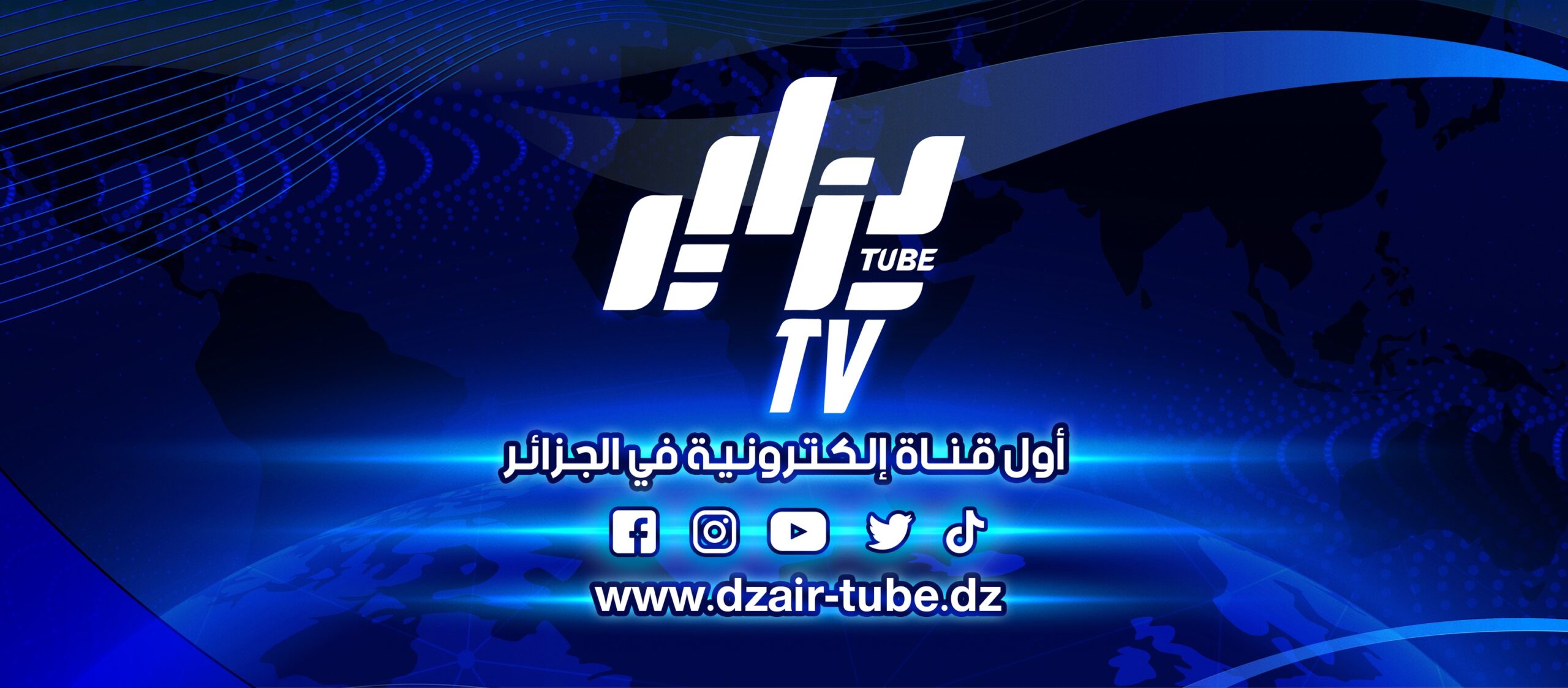BY: Dr. Hana Saada
From Riyadh to Algiers, a Shared Vision Emerges to Transform Bilateral Cooperation into a Dynamic Axis for Arab Economic Integration
Algiers, Algeria | April 20th, 2025 — In a significant move to bolster economic ties, Algeria and Saudi Arabia have signed five major partnership agreements, marking a pivotal step in deepening their bilateral relations. The agreements, signed on Sunday in Algiers, cover a wide range of sectors, including tourism, travel, industrial manufacturing, construction materials, trade, distribution, and services. This development comes on the heels of the Algeria-Saudi Arabia Economic Forum, a collaborative event organized by the Algerian Chamber of Commerce and Industry (CACI), the Algerian Economic Renewal Council (CREA), and the Algerian Confederation of Employers (CAP).
The forum, which gathered a large contingent of businessmen, investors, and government officials from both nations, provided a platform for exploring new opportunities for partnership and investment. Saudi Ambassador to Algeria, Abdallah Ben Nacer Al Boussayri, emphasized that the forum came at a time when bilateral relations between the two nations were stronger than ever, strengthened by the commitment of both countries’ leaders—President Abdelmadjid Tebboune, King Salman bin Abdulaziz Al Saud, and Crown Prince Mohammed bin Salman.
Highlighting the growing trade between Algeria and Saudi Arabia, Ambassador Al Boussayri noted that the trade balance between the two countries is approaching the one-billion-dollar mark. However, he stressed that this figure does not yet reflect the full potential of their economic relationship. Saudi investments in Algeria have also grown in recent years, spanning various sectors, including chemicals, pharmaceuticals, agriculture, tourism, and food processing. The ambassador urged Saudi investors to take full advantage of the new Algerian investment law, which offers favorable conditions for foreign businesses, particularly in light of the opportunities presented by the forum.
Kamel Moula, President of CREA, echoed the ambassador’s sentiments, emphasizing the historic and solid ties between Algeria and Saudi Arabia, which are rooted in shared religious values and a strategic position in the Arab world. Moula also highlighted the transformative changes taking place in Algeria’s business climate, driven by President Tebboune’s reforms aimed at removing barriers to investment. He pointed to the more than 16,600 investment projects registered in recent months as evidence of the growing interest in the country, which boasts competitive advantages such as a skilled workforce, low energy costs, and modernized transportation infrastructure.
Moula also noted that Algeria’s economic growth rate stood at 4.1% in 2024, with more than 740,000 jobs created, inflation reduced, and purchasing power improved. Despite these achievements, he acknowledged that there is still much untapped potential in the cooperation between the two countries. He called on the forum to serve as a stepping stone to a strategic partnership, particularly in sectors such as agribusiness, industry, tourism, information and communication technologies (ICT), healthcare, services, and renewable energy.
Raed Ben Ahmed Al Mazroue, Vice President of the Algerian-Saudi Business Council, called for accelerated economic cooperation, stressing that the delay in realizing the full potential of their partnership must be addressed. He highlighted the experience of Saudi investors, particularly in sectors such as agriculture, financial services, distribution, and franchising. For instance, Saudi Arabia’s success in agriculture, including the cultivation of 30 million olive trees and its status as one of the world’s largest exporters of dates and olive oil, serves as a model for Algeria’s own agricultural ambitions.
In the dairy sector, Al Mazroue pointed to the global leadership of Saudi companies such as Almarai, Nadec, and Al Safi, which are well-established in the global market. While the number of Saudi projects in Algeria remains limited, their impact on Algeria’s business environment, particularly in the chemicals, pharmaceutical, and real estate sectors, has been substantial. Al Mazroue also underscored the potential of young Saudi talent, many of whom lead major entities such as the Saudi Public Investment Fund and its subsidiaries.

